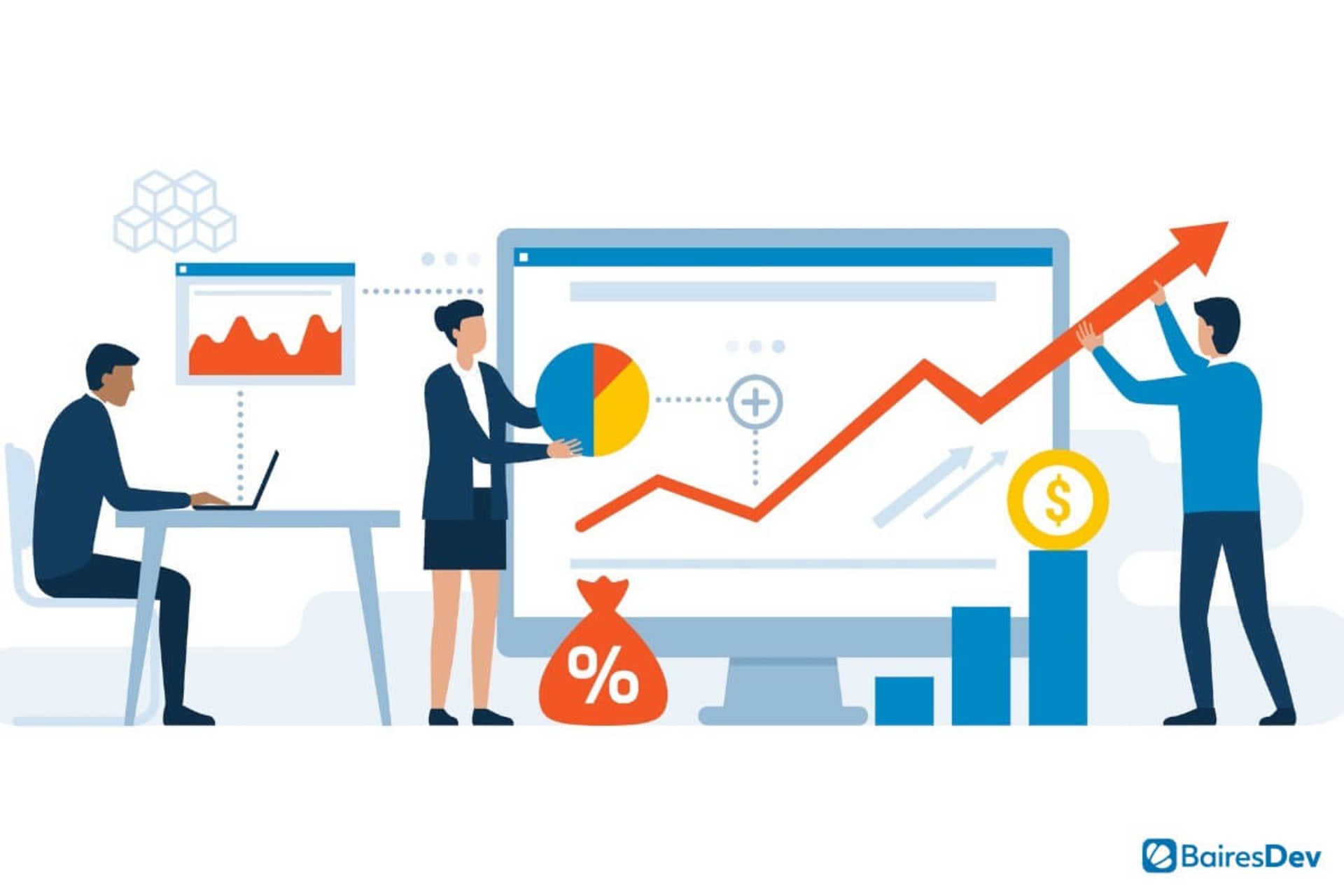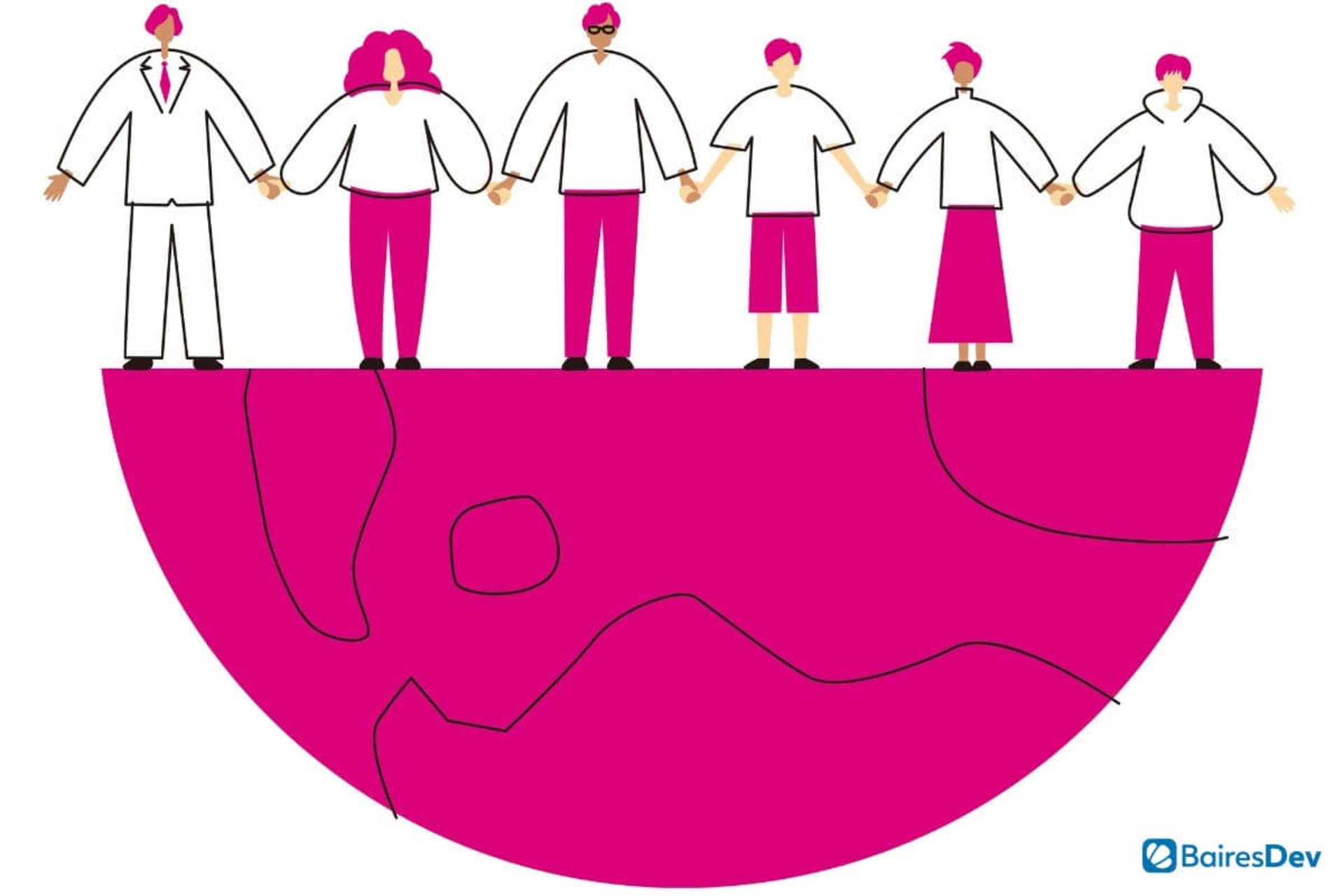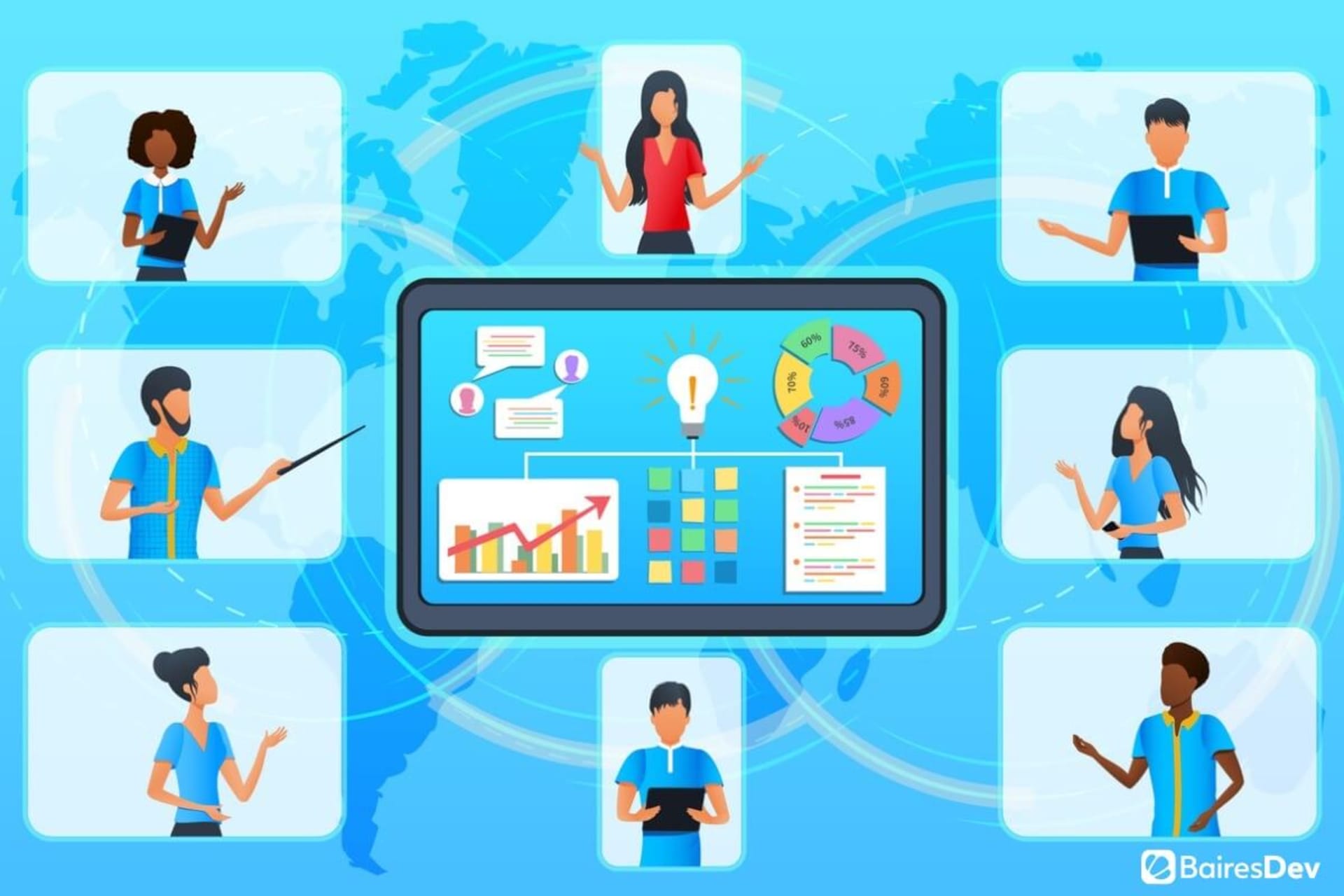When you’re operating on a shoestring budget, you need to scrutinize every expenditure. Startups, small businesses, and even larger organizations may be tempted to keep using the technology they’ve already been using for years, rather than buying costly new software and devices.
But the fact is, in many cases, you’ll find that relying on old, outdated technology actually causes you to leach money, and newer models will more than likely ultimately save you money in both the short and long run.
How can new software reduce operating costs and allow you to keep more of your hard-earned money?
It Enhances Security
A report from IBM and the Ponemon Institute found that the average cost of a data breach in 2020 was $3.86 million. Cybercrime is showing a rise over the past few years, and even in the best-case scenario, it can cost businesses dearly. In the worst-case scenario, it could destroy them completely.
Because cybercriminals have been able to study older models of programs and operating systems for a long time, they have managed to identify vulnerabilities. Hackers know how to take advantage of these weaknesses and launch their attacks.
New versions of software typically address these vulnerabilities and increase security measures, meaning that when you upgrade to a more recent model, you’ll be less susceptible to cyberattacks.
It Decreases the Time and Money Spent on Maintenance
Servers, programs, databases, and hardware have lifespans. Businesses and people alike attempt to increase the time they can use devices and software to avoid having to upgrade, but maintenance costs can really add up — and together, they’re often less cost-effective than simply replacing the platforms altogether.
Every time you have to call in an IT specialist or are in need of a repair, you’re spending money. And chances are, you’re not going to get much more life out of your program or device anyway, so you’re ultimately wasting that money on band-aid fixes. Meanwhile, you could be replacing it with newer, better models that will give you years and years.
It Can Automate Certain Tasks
Newer software often automates tasks that older models don’t, — or, at least, they don’t do as quickly or efficiently. When you have programs that automate processes, it means you don’t need to perform them manually — so it’s less time a human will need to spend on that task, and, in turn, less money you’ll have to pay that human.
For example, a customer relationship management (CRM) system can automatically generate reports, which will not only save time but also give you insights that will help you improve your bottom line.
Sure, upgraded software can’t replace your human workers entirely. But it will free up time for them to work on more complex tasks, ultimately leading you to have better and greater output.
It Can Lead to Relying on Fewer Programs
Many newer models of programs, such as enterprise resource planning (ERP) software, combine numerous platforms into one. This means you won’t need to rely on numerous programs, which, together, can lead to huge costs — you’ll be able to access all these crucial tools from a single location. That means a lower cost overall, as well as greater efficiency for employees who will spend less time looking for the tools they need.
Also, keep in mind that many older versions of software may be incompatible with one another. When you upgrade to newer models, you’ll be able to use your products together and need fewer models altogether.
It Increases Productivity and Efficiency
Software that is up to date is faster. That’s good news for your and your team. Older programs that are slow-running mean that people using them must operate at a slower pace too, leading to productivity lags. But when you upgrade to a newer model, you’ll no longer have to deal with these issues.
Having modern tools is also likely to decrease employee frustration and improve the overall morale at your company, which will encourage your team to be more efficient and invested in their work.
It Improves Accessibility
One major issue with older models of technology is that they are often riddled with accessibility problems that interfere with usability for many people. But newer models often address many of these concerns. When you invest in modern versions, you can usually resolve the issues with upgrades, using the same version for everyone rather than having to buy separate equipment for individual employees
Microsoft, for instance, offers many features that aid accessibility, supporting those with vision, hearing, and neurodiversity-related impairments. For example, you can aid real-time subtitles in more than 60 languages to your PowerPoint presentations.
It Enhances Performance
High performance is the backbone of your organization, the thing that makes it successful. And it applies to all of your tools, resources, and employees themselves. Newer equipment, including software, is of a higher caliber, leading to better performance. But it can also contribute to stronger employee performance, too.
Newer technologies facilitate collaboration. They are less likely to malfunction, which contributes to better employee productivity and reduces frustration and hiccups. Ultimately, performance is enhanced — which is also cost-effective for your organization.
Technology is a critical component of your organization. In fact, you probably can’t operate as a business without it. While it may seem like a financial burden you can’t afford to replace your current systems and tools with newer, upgraded models, the reality is that it’s more cost-effective to invest in modern tools. From better security to stronger performance, it’s critical for your organization’s success.







